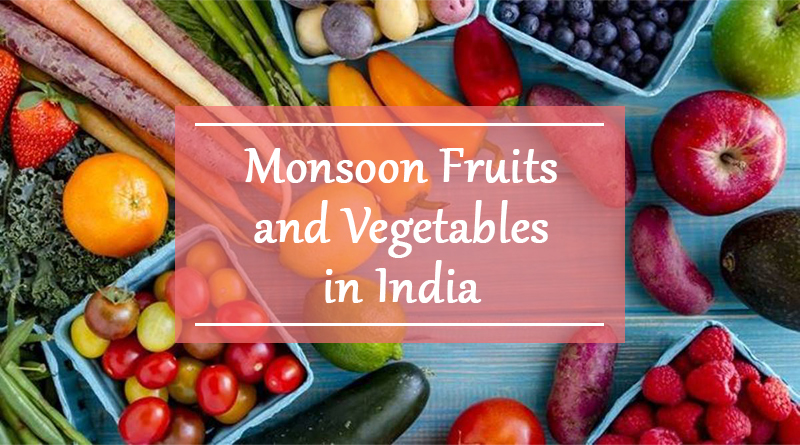Monsoon season is the best time for eating something hot and crunchy. During this season, people start feeling lazy. So, having a fruit basket will help you to stay relaxed. When the monsoon season comes, our body gets constantly affected by allergies, infections, and indigestion problems. Thus, we need to keep our bodies resistant to these diseases. Also, the humidity in the atmosphere can make the digestive system go down. In this article, we have mentioned the best Monsoon fruits and vegetables in India. The Monsoon fruits will help you to prevent any major diseases that may affect you in the rainy season.
Monsoon Fruits and Vegetables in India
There are number of fruits and vegetables that available in monsoon season in India. Lets have a look at the monsoon fruits in India:
1: Cucumber:
Cucumber can be grown throughout the year. The monsoon weather is ideal for growing this fruit. To grow the cucumbers, there should be an abundant supply of rainwater and the cool atmosphere makes it more effortless.

While eating cucumbers in the monsoon season is great for the immune system. It also provides the body with much-needed hydration. The cucumber contains potassium, manganese, copper, and Vitamins A, B, C, and K. You can also use them in salads, sandwiches, snacks, or infuse the water with them. It is one of the highly consumed rainy season vegetables in India.
2: Mangoes:
Well, most of us don’t think of mangoes as fruits to eat in the rainy season. However, there are some varieties of mangoes that can be easily grown during monsoons. Indeed, it is one of the widely eaten monsoon season fruits in India. You can enjoy the mangoes season up to until August.
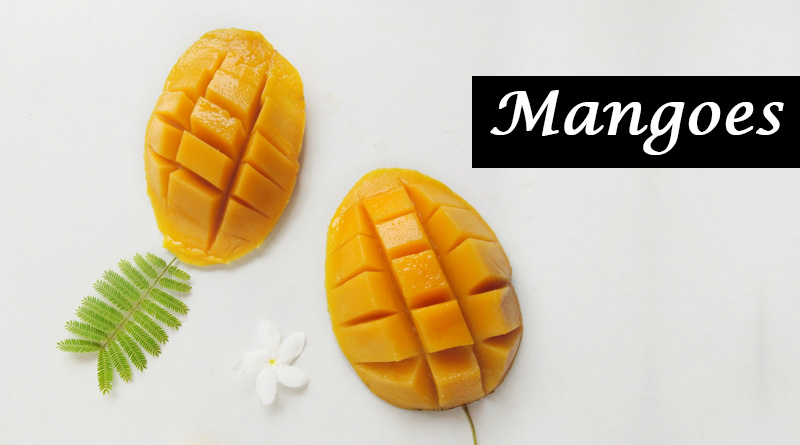
Undoubtedly, mangoes taste so delicious and there is hardly a need for other reasons to grow them inside your garden. While eating mangoes in the monsoon season is ideal and it contains a high level of vitamin C.
This fruit also helps in building immunity against the usual monsoon-related disease. Moreover, you can also use mango for good skincare and this will even out your skin tone and leave your face glowing.
3: Indian Blackberry (Jamun):
Blackberry (Jamun) is another Monsoon fruit in India and this fruit is ideal for diabetics. Jamun is very helpful in regulating blood sugar levels. Not only this, but blackberry is also great for the monsoons as it can effectively cure all your gastric problems which are synonymous with the monsoon season.
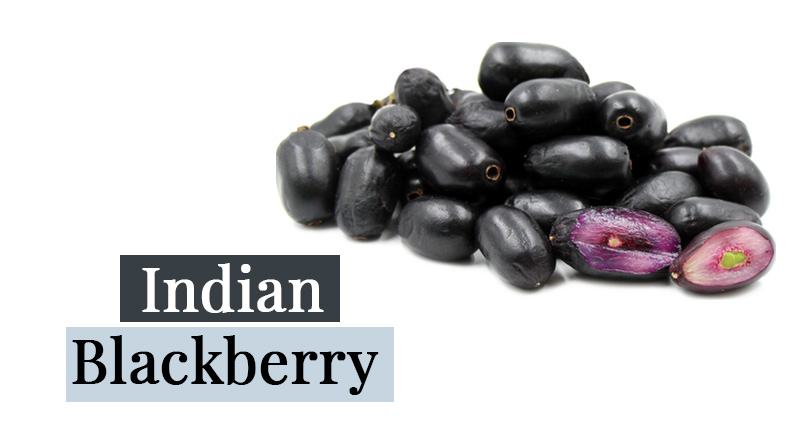
The people who are consuming these monsoon fruits can also experience an improvement in their blood circulation, liver and kidney functions. Blackberry (Jamun) is enriched in Vitamin C, fiber, and iron. All these are great for strengthening immunity.
4: Litchi:
This fruit contains a high-water content which makes it one of the best Fruits in the Rainy season in India. It grows beautifully in the rainy season. This juicy and tasty fruit helps the body to deal with the common cold, acidity, and digestion problems.
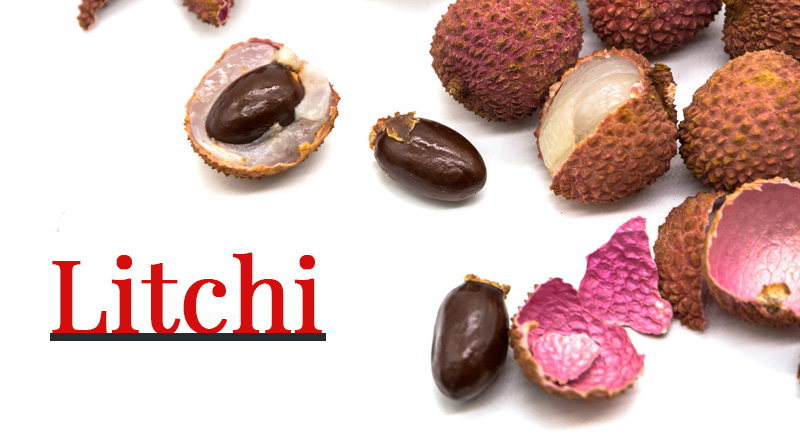
Litchi is also beneficial for people who are suffering from Asthma and have difficulty breathing in the rainy season. Apart from these benefits, the fruit litchi is also known as the immunity builder for the human body.
5: Plums:
This superfood helps in curing Cancer-related diseases. The Plums is amongst the best monsoon fruits in India that you can easily grow in your home garden.
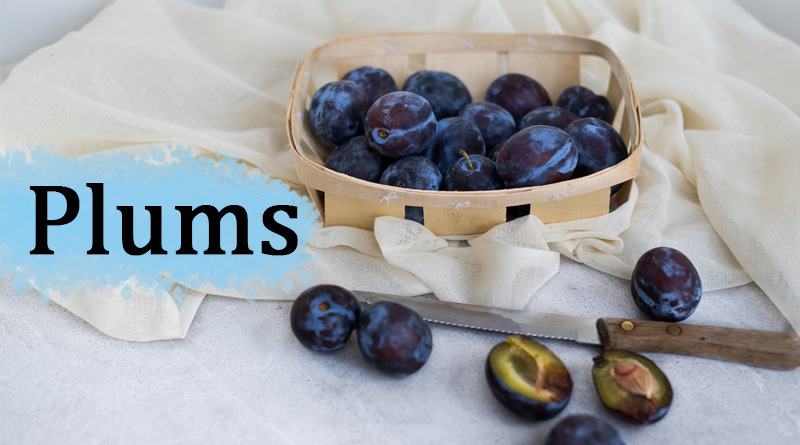
Also, the consumption of plums in the rainy season is the best way to keep your immunity high and the monsoon-related ailments keep you at bay. Plums contain Vitamins C and K, potassium, fiber, and copper.
This fruit is known to help with smaller problems like Constipation and other dangerous diseases like Cancer. You must eat plums during the monsoon season and it improves your health and provides you much immunity benefits.
6: Apple:
It’s a common saying that an “Apple a day, keeps the Doctor away”. The reason why it has been said as this fruit contains all the essential nutrients that help in maintaining a healthy body.

While consuming apples are good for the human body throughout the year. Also, eating apples in the monsoons is highly recommended. You can plant these fruits in the Monsoon season without doing much effort.
This fruit will prevent you from diseases and thus improves your overall health. Apples are good for your skin, bones as well as nervous functions. It is rich in phosphorous, iron, magnesium, and Vitamins A, B1, B2, and C. Also, apples are the ideal monsoon fruits for all age groups of peoples.
7: Cherries:
Cherries are low in calories and it helps you to keep away from infections. Also, this fruit helps you in reducing irritation, frustration, headaches, and insomnia. This fruit contains polyphenolic compounds and can be served as anti-oxidants.

Cherries are usually grown as small open trees and these can be also grown in large containers in a self-fertile cultivar without doing pollination. It prefers deep fertile and well-drained soil.
8: Peach:
Peach is a rich source of Vitamin A and Vitamin B-carotene. It helps in protecting the skin and thus enhances your vision and oral cancer. Also, anti-oxidants are present in this fruit and it boosts your immunity.
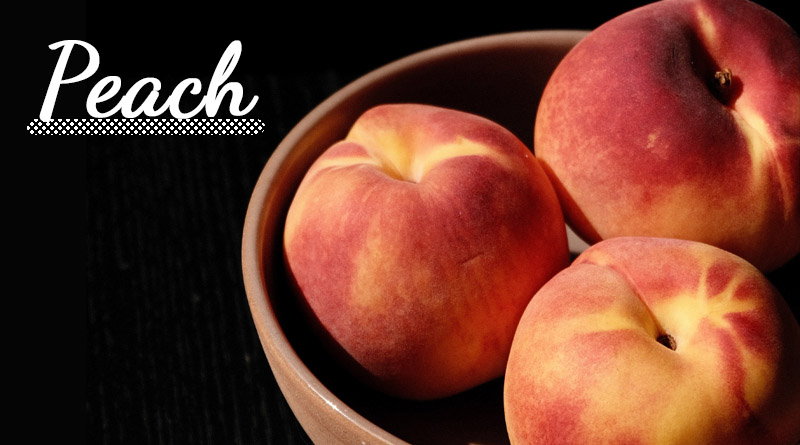
This fruit is delicious and everyone’s favorite. It is a delicious fruit and can be grown right at home. Usually, grows best in full sun and it prefers light, well-drained, and sandy soil.
9: Pears:
Pears are one of the best fruits that needed to be eaten in the monsoon season and a lot of vitamins are required that help in fighting the infections. These are delicious fruits and they can be grown in a wide range of soils.

It gets easily fit in small yard spaces and thus it makes them an excellent choice for the gardener who craves fresh fruit. Its plant is easy to grow as well as cultivate.
10: Pomegranate:
Pomegranates are usually packed with essential nutrients. Thus, it will help in improving immunity during the monsoon season. Its seeds are packed with nutrients and germinate readily. You can plant this fruit indoors over the winter or can plant outside in the spring.
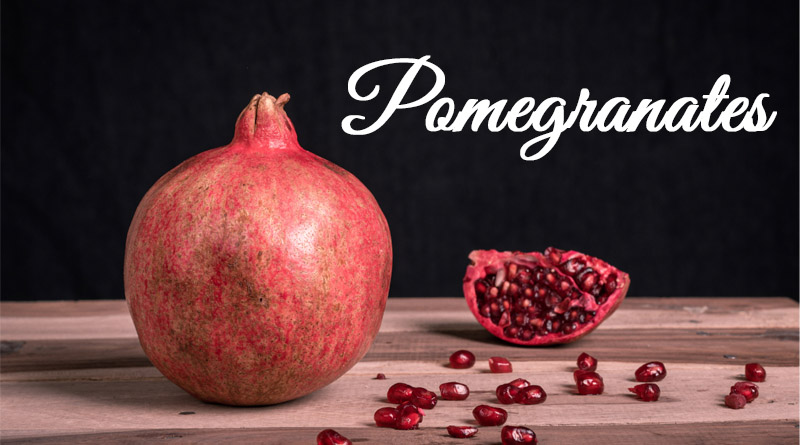
Monsoon Vegetables in India
Here are some vegetables that you should eat in the rainy season in India:
1: Tomatoes:
This vegetable is easy to grow and there is nothing better than homegrown juicy tomatoes. So, the ideal time to grow tomatoes is during the rainy season in North India in between June-Aug. Tomatoes are sun lovers and they need well-drained soil to thrive.

The tomato is commonly used in almost every cuisine all over the world. During the monsoon season when immunity is usually comprised then growing and eating tomatoes is a delicious way to keep healthy.
These can be extremely easy to grow at home and they help our bodies immensely during the monsoon seasons. It contains high levels of Vitamin C, Vitamin K, and the anti-oxidants are present in Tomatoes. Thus, it helps in protecting the body against common monsoon-related ailments.
2: Radish:
Most probably it has been seen that Radish gets used in mooli ke parathe and it is good for your immune system. Thus, you can grow and eat radish with abandon this monsoon season. Also, it is good for building your immunity during the rainy season.
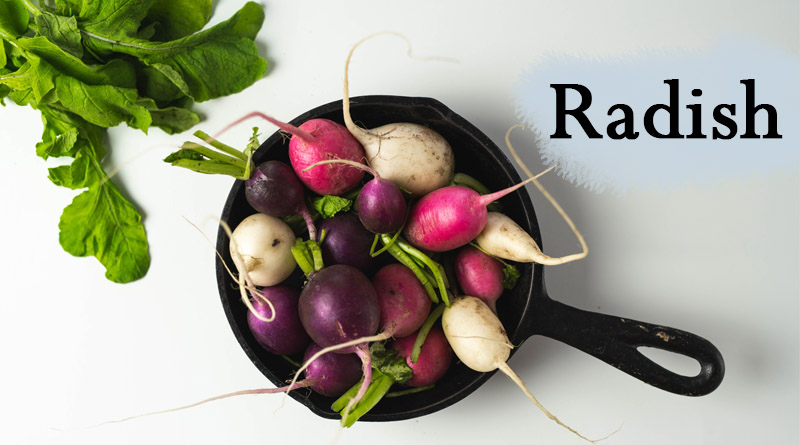
Radishes are of various types, sizes, and colors and these are extremely easy to grow at home. Moreover, it helps in digestion, hydration and maintains your blood pressure.
Vitamin C is present in radish and helps in building immunity and also promotes repair and growth of tissues. Therefore, eating radish can help you to battle the common cold and flu, and also it is a very common occurrence during the monsoons.
3: Beetroot:
Most people suffer from low hemoglobin levels and none of the vegetables helps in improving these levels except the beetroot. This vegetable is a powerhouse of nutrition.

It consists the manganese, fiber, vitamin, C, potassium, and Iron. You just need to consume it regularly either in the form of juice, soup, or salad. You can also make chips out of it and experience the health benefits like improving blood circulation and regulated blood pressure.
Thus, it is a prime example of vegetables that one should eat in the monsoon season. It also helps in improving immunity levels. Also, it is one of the best Monsoon vegetables in India.
4: Lady-Finger:
This vegetable needs warm weather in order to grow. It is usually been harvested during the monsoon season. Lady Finger can be grown throughout the year but these are ripe for the picking in June after the long summer.
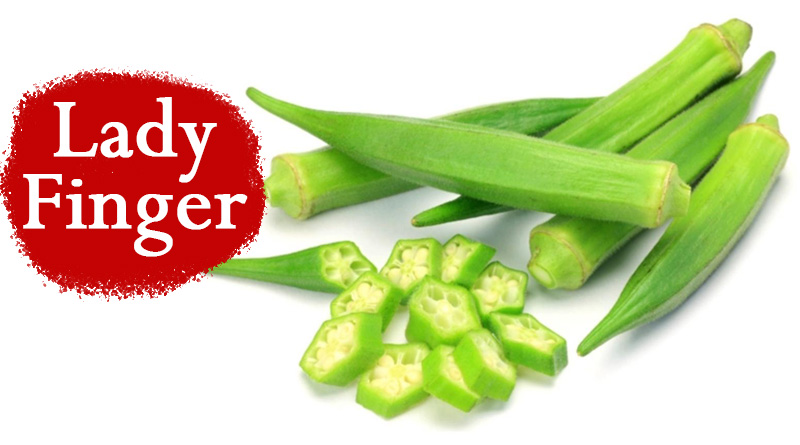
Also, this vegetable is enriched in high-dietary fiber, Vitamin C and A, Magnesium, Calcium, and Iron. You can also fry this vegetable and it gives you a yummy taste.
5: Bitter gourd (Karela)
You can indeed get karela all year round and this vegetable is typically grown and harvested in July. But is also a fact that this poor vegetable is very unloved on the vegetable scale.
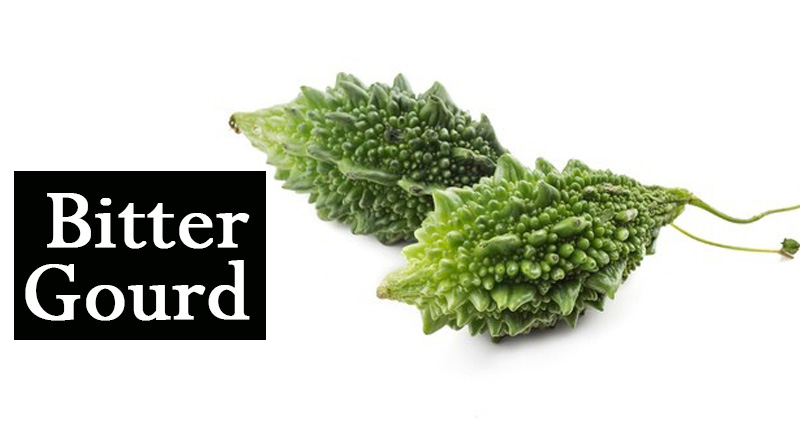
It can help in maintaining blood sugar levels and making it perfect for diabetics. These are also high in calcium, more than the spinach. It is also high in vitamin C, antioxidants, and minerals.
Also, it is great to boost immunity and keep all the toxins out. However, this might not taste great, but half of a cup of karela in your morning smoothie is a must in the monsoon seasons.
6: Cluster beans (Gawar-fali):
Cluster beans require adequate rainfall and hence it is grown in the monsoon season. The cluster bean bhaji is also very popular throughout Indian households and almost everyone has a recipe for it.
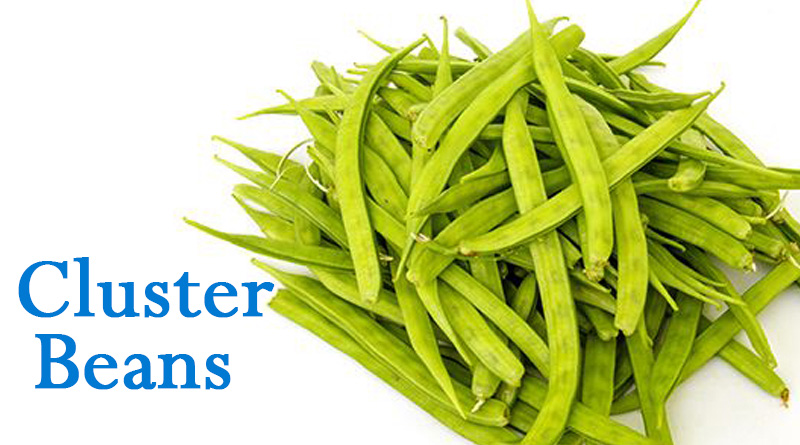
These are rich in Vitamin A, B, and K. It contains the minerals like potassium, Iron, Folate, and Calcium. Thus, it is often recommended that pregnant women should need to eat cluster beans whenever they can. Due to the presence of natural iron and calcium, it is usually deficient in pregnant women.
7: Green Chilies:
Monsoon season is the best season order to spice up your dishes. It is a growing green chili! The Indian food tastes are incomplete until you spice it up with the hot green chilies. The best part is that you can grow these chilies easily at home. Green chilies grow perfectly in humid and warm weather.
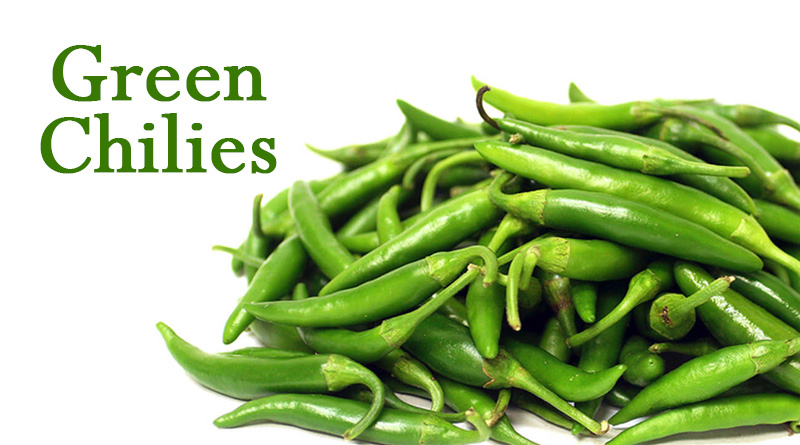
8: Brinjal:
Another name for Brinjal is eggplants and it is enriched in iron, calcium, and fiber. However, this vegetable is a staple part of many cuisines in the world and thus it is a part of many famous dishes. This versatile plant is very healthy and can be easily prepared in many ways. Also, it is very easy to grow these plants in your home garden. This makes it to the list of monsoon fruits and vegetables in India.
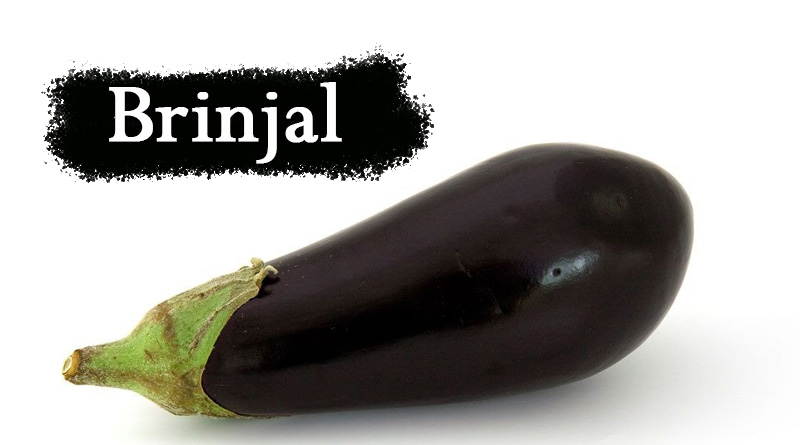
9: Carrots:
Carrot is a common vegetable and it can be used to prepare the most delicious cuisines. However, it can be eaten in both raw wells as cooked. It is basically a root part of the plant and carrots help in improving the eyesight, prevents cancer, and thus promote healthier skin.

It also prevents heart disease and protects teeth and gums. Therefore, the carrots are root vegetables and they need pots of about 12-18 inches deep to grow.
Moreover, you can even use grow bags that contain a drainage hole at the bottom.
So, in the case of land, you need to choose a place where the plant gets sufficient sunlight and contains some space to grow.
10: Beans:
Beans are very easy to grow and they can be easily maintaining and harvesting. Also, if you are a beginner at gardening then you can start growing the beans. These can add a nutritious touch to your dishes. Beans are a great Ingredient for making noodles, fried rice, curries and also can be eaten fried.

So, the best time to grow beans in India is the rainy season is July to August. This vegetable can come in your rainy season vegetable list. Thus, it can be grown in limited spaces since they don’t take much space in your garden.
You can grow this vegetable both in sun as well as shade. Remember that beans should be directly planted in your garden. All you just need to plant the seeds 1 inch deep in the soil and then keep a distance of at least 3 inches between the seeds.
FAQs(Frequently Asked Questions)
1. Which fruits grow in monsoon?
There are different types of fruits grown in the monsoon season including mangoes, litchi, pears, pomegranate, jamun, apples, etc.
2. Which vegetables are eaten in monsoon?
Different types of vegetables that are eaten in monsoon include tomatoes, radish, ladyfinger, beetroot, carrots, brinjal, bitter gourd, etc.
3. Which fruits are available in rainy season in India?
There are various types of fruits available in the rainy season in India including mangoes, litchi, pears, pomegranate, jamun, apples, etc.
4. Is pineapple a monsoon fruit?
Pineapple can be considered as a monsoon fruit as it is consumed a lot during the rainy season. This fruit contains abundance of nutrients including vitamins, minerals, potassium, copper, and calcium.
Also Read:
Summer Fruits and Vegetables in India

